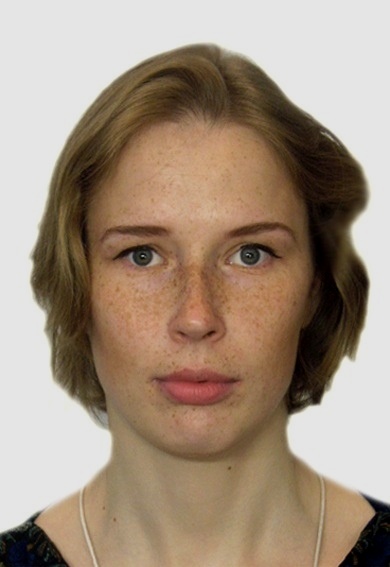The article is written within the framework of the project «The understanding irony in the tradition of the Orthodox Church» supported by PSTGU Development Foundation
The article deals with the question of the place of irony in the early Christian exegesis. The analysis of the word usage of the root “εἰρων-” by considering the contexts of its use is done on the material of the texts of the pre-Nicean period. 19 cases of the use of this root by the pre-Nicene authors. 10 of them relate to the rhetorical work of Hermogenes of Tarsus, and the remaining 9 fragments belong to reputable Christian authors and texts: Ignatius of Antioch, Origen of Alexandria, Gregory Thaumaturgus, Justin Martyr and works of the the pseudo-Justin corpus. 6 of 9 cases of the use of the root “εἰρων-” present the interpretation of biblical texts. This fact shows that the ancient authors did not avoid the use of this word in the biblical exegesis. Based on the analysis of the contexts of the use of the named root, seven positions of its possible meanings are identified. Some of these positions are close to the traditional for antiquity understanding of irony as pretense or ridicule; twice the contexts allow us to judge the convergence of the meaning of the root “εἰρων-” with the Socratic irony. The author investigates the necessary fragments and their translations, as well as the translation of previously untranslated texts. Some of the previously published translations have been clarified after comparing them with the original. It is assumed that the results of the study, outlined in this article, will contribute to the scientific discussion on the place of irony in modern exegesis and Christian life, re-emerging in the Church and in the dialogue between the Church and secular society.
Keywords: irony, concept of “εἰρωνεία”, exegesis of the pre-Nicene period, biblical studies, Holy Bible.
DOI: 10.22250/2072-8662.2019.1.5-15
About the author
 |
Anastasia A. Medvedeva – lecturer at the Department of Biblical studies, St. Tikhon’s Orthodox University; build.1, 6 Likhov ave., Moscow, Russia, 127051; This email address is being protected from spambots. You need JavaScript enabled to view it.
|






